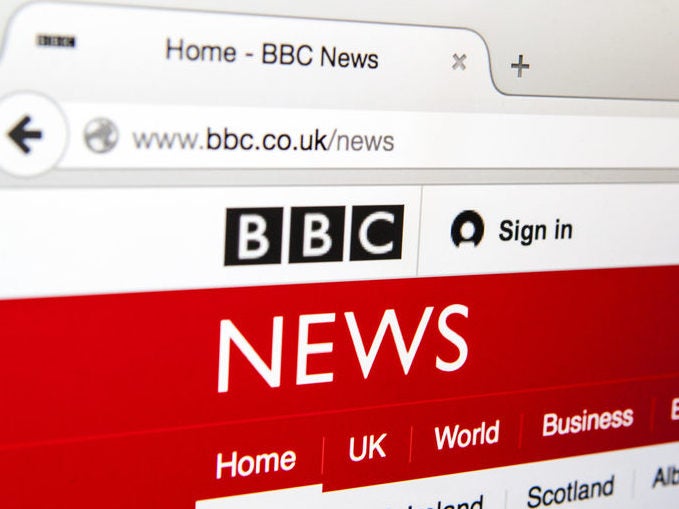
BBC will help plug democracy gap caused by local press cuts by funding 150 new council reporters
The BBC has agreed a deal to contribute £8m towards the cost of providing 150 journalists to cover councils and public services for local newspapers.
The deal is expected to be outlined today in a government white paper setting out the proposed terms of a new 11-year funding agreement for the corporation.
It also includes an arrangement whereby local publishers can have access to a video news bank of BBC output for use themselves.
The number of local press journalists funded by the BBC could rise to 200 by 2019.
The BBC has also agreed to invest in a data journalism unit which will “work with partners across the industry to develop expertise and deliver content to all local news providers”.
And an audit will be commissioned to establish usage of local press content by the BBC on its media platforms and vice versa. This will be followed by a review of how the BBC links to other news providers and attributes its content.
It is a long-standing gripe of newspaper publishers that local BBC journalists gather much of their content from the local press but does not always give proper credit or attribution.
The deal to fund new reporters seeks to plug what has been called a “democractic deficit” caused by thousands of local press journalists being cut over the last decade. The number of journalists employed by the local press is believed to have fallen by at least half, from 13,000, since 2008.
There has also been a net reduction of more than 200 local newspaper titles.
The cost-cutting has continued this year, with widespread cutbacks by the UK’s largest local newspaper publisher Trinity Mirror following its take over of Local World.
BBC director of news and current James Harding said: “These plans are not just a milestone in the relationship between the BBC and the local press. They will enhance local journalism, ensure greater accountability of people in public life and enable BBC audiences and newspaper readers to get better coverage of what’s really happening in their communities.
“These are big steps to strengthen local news. We will add 150 journalists reporting for their papers and BBC audiences alike. BBC video will reach more people through local newspaper websites. And, together, we will harness the potential of data journalism to improve our reporting of public services and institutions across the country.”
NMA chairman Ashley Highfield, the chief executive of regional press giant Johnston Press, said: “We believe this will strengthen and enhance local journalism, and the crucial role it has in holding local authorities to account, while maintaining the healthy competition between different news sources which is so important in a democracy. More coverage and content from councils will be more widely distributed ensuring greater accountability and transparency in an ever more devolved Britain.
“As the market leader in local news provision, the local news media industry has long been keen to explore a more positive relationship with the BBC which would be of real benefit to our readers and licence fee payers. More work is needed to finalise the details but we have now all reached an agreement we believe will enable the BBC to benefit from local media’s first class local journalism while providing an appropriate framework for use of this content.
“Reaching 40 million people each week, local newspapers in print and digital sit at the heart of communities across the UK providing an invaluable public service which underpins democracy at a local level.”
According to the joint press repelease, the journalists will be under the editorial direction and control of their employers and processes will be jointly agreed to ensure the quality of coverage is in line with the BBC’s public service obligations.
Expanding the scheme to 200 will depend on the usage of their journalism on BBC outlets.
Local news providers will have to meet certain criteria to be able to enter a bidding process to employ the BBC-funded recruits.
Email pged@pressgazette.co.uk to point out mistakes, provide story tips or send in a letter for publication on our "Letters Page" blog

